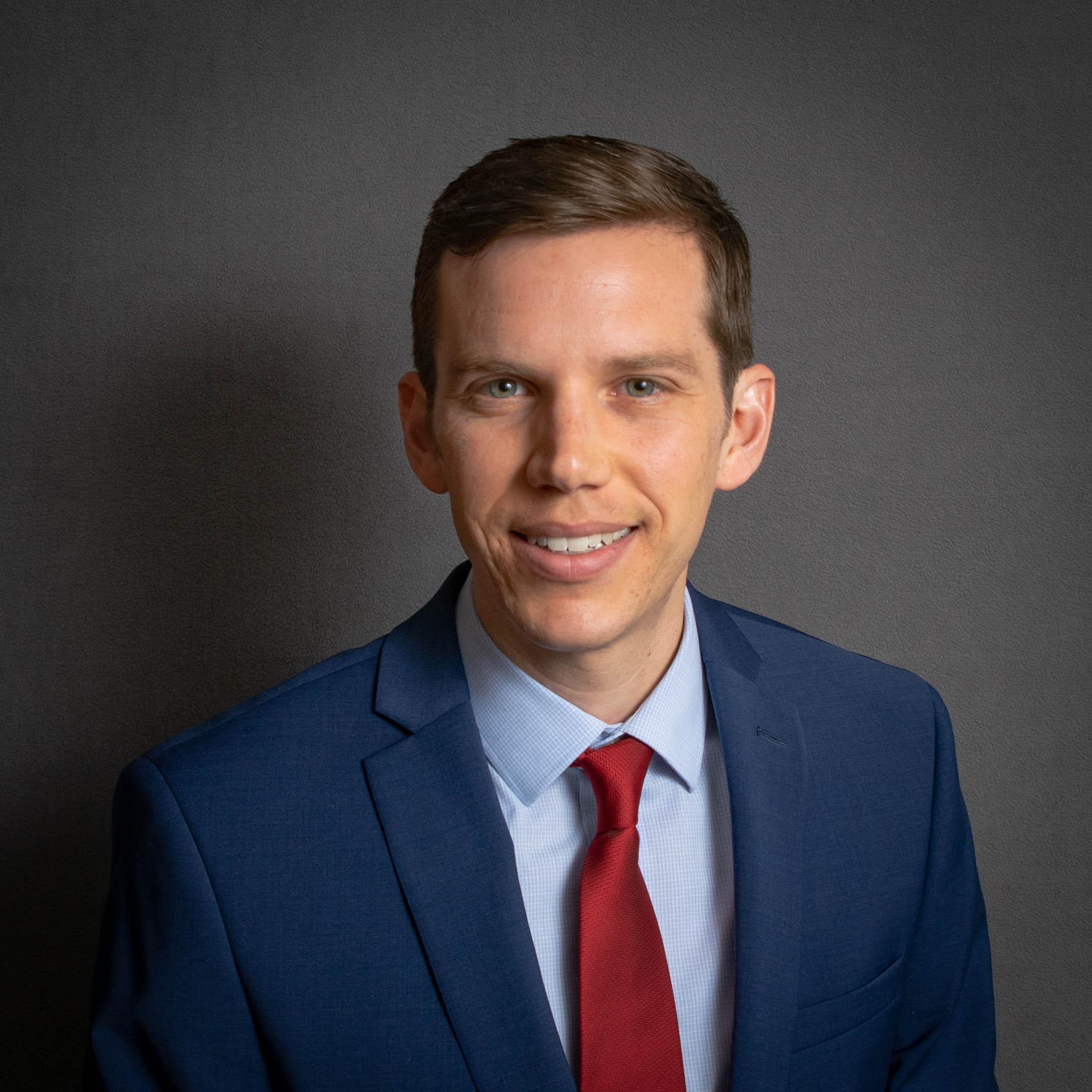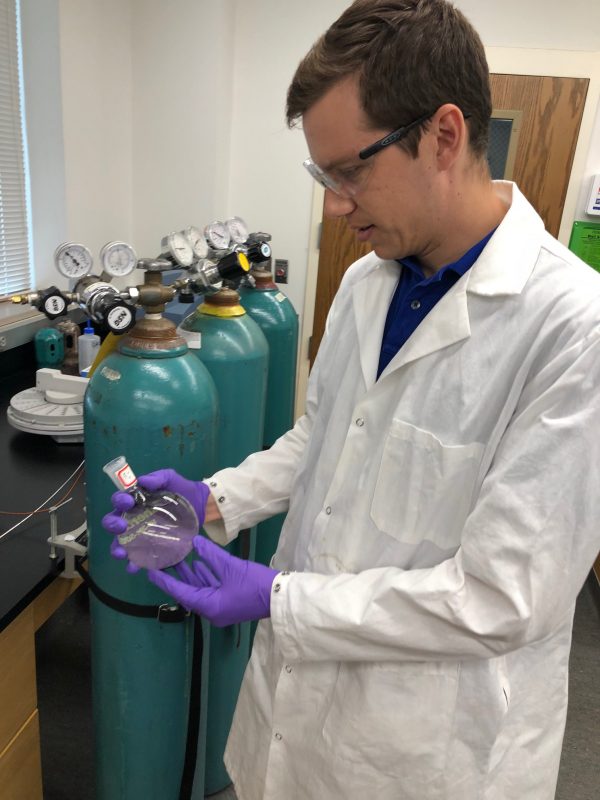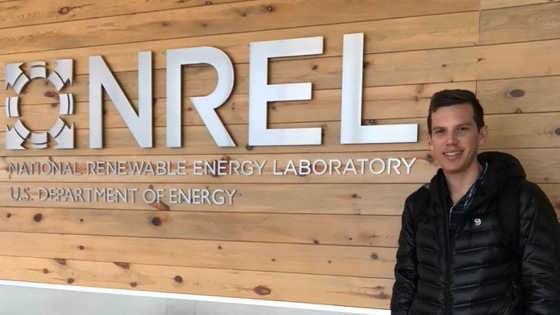Joe Sagues joins the Department of Biological and Agricultural Engineering (BAE) as a tenure-track faculty member in the fall semester. Sagues will immediately strengthen BAE’s bioprocess engineering program through his cutting-edge research in the areas of fermentation, lignin valorization, bio-based carbon sequestration, and research in graphitic materials.
“He will no doubt make significant contributions to our undergraduate and graduate teaching programs bolstered by his industry experience, his collaboration with government agencies and private companies, and his emphasis on integrated technology-to-market frameworks,” notes Department Head Garey Fox.
What initially drew you to this discipline and your research interests?
 I initially became interested in bioprocess research and development while working as an undergraduate research assistant at the University of Florida’s Agricultural & Biological Engineering (ABE) Department. Upon graduation with a BS in ABE, I spent 3.5 years scaling up the biotechnology I helped develop as an undergraduate. It was during the scale-up experience when I solidified my career path on advancing the US bioeconomy through bioproduct innovation. During graduate school, I was awarded fellowships to work in the federal government and a national laboratory, wherein I learned of the common pitfalls that have kept the US bioeconomy from realizing its full potential. I developed a perspective and skill set through these various experiences that will be useful in developing new bioprocesses and bioproducts as Principal Investigator of the Sustainable Bioproduct Innovation Laboratory in the Biological & Agricultural Engineering Department at NC State University.
I initially became interested in bioprocess research and development while working as an undergraduate research assistant at the University of Florida’s Agricultural & Biological Engineering (ABE) Department. Upon graduation with a BS in ABE, I spent 3.5 years scaling up the biotechnology I helped develop as an undergraduate. It was during the scale-up experience when I solidified my career path on advancing the US bioeconomy through bioproduct innovation. During graduate school, I was awarded fellowships to work in the federal government and a national laboratory, wherein I learned of the common pitfalls that have kept the US bioeconomy from realizing its full potential. I developed a perspective and skill set through these various experiences that will be useful in developing new bioprocesses and bioproducts as Principal Investigator of the Sustainable Bioproduct Innovation Laboratory in the Biological & Agricultural Engineering Department at NC State University.
 What are your research interests?
What are your research interests?
The Sustainable Bioproduct Innovation (SBI) Laboratory takes an integrated approach to bioproduct innovation. We are bridging fundamental advances in synthetic biology and chemical catalysis with bioprocess engineering to innovate sustainable bioproducts that range from food & beverage, animal feed, chemicals, fuels, and materials. To accomplish this, work in the SBI Lab primarily focuses on applied engineering and bio-industrial systems modeling (including techno-economic and life cycle assessments). When developing a new bioproduct, the SBI Lab takes into account the entire technology-to-market pathway, starting with fundamental research and ending with commercialization. Such a comprehensive approach increases the odds of bioproduct success by eliminating developmental hurdles and pitfalls at an early stage.
What do you hope to bring to the department?
I hope to bring a new perspective and approach to bioprocess research & development that compliments those of other faculty in the BAE department. My experiences in academia, industry, federal government, and a national lab have equipped me with a skill set that will be used to develop sustainable bioproducts with a relatively high probability of commercial success. In addition, I intend on placing an emphasis on involving undergraduates in my research, since my own undergraduate research experience had such a lasting impact on my academic and professional career.

What makes you excited about the opportunities of this position?
I am most excited for the opportunity to establish collaborative projects that innovate bioproducts using a wide range of perspectives and skills. The US bioeconomy holds great potential, and I believe NCSU is in a perfect position to be a leader in bioproduct development and deployment. I look forward to instilling an entrepreneurial mindset in my lab group and leveraging the special bio-industrial ecosystem that exists in the research triangle.
How do you think this discipline is poised to solve the grand challenges of engineering?
Two of the biggest challenges to advancing the bioeconomy are 1) successfully bringing new bioproducts from the laboratory bench to market and 2) ensuring new bioproducts are truly sustainable. The Sustainable Bioproduct Innovation Laboratory will tackle both of these challenges through an integrated approach, involving applied engineering and bio-industrial systems modeling. I am particularly interested in enhancing the sustainability of food and energy production through advances in bioprocess engineering and bioproduct development.

